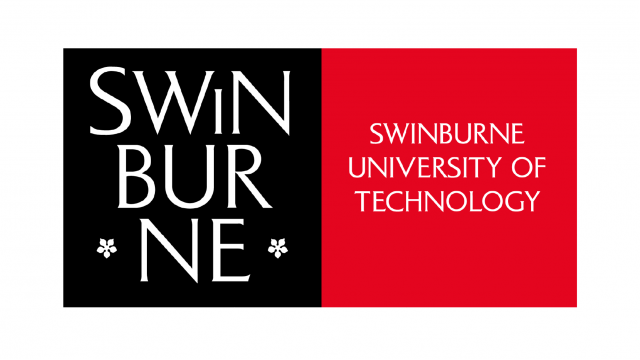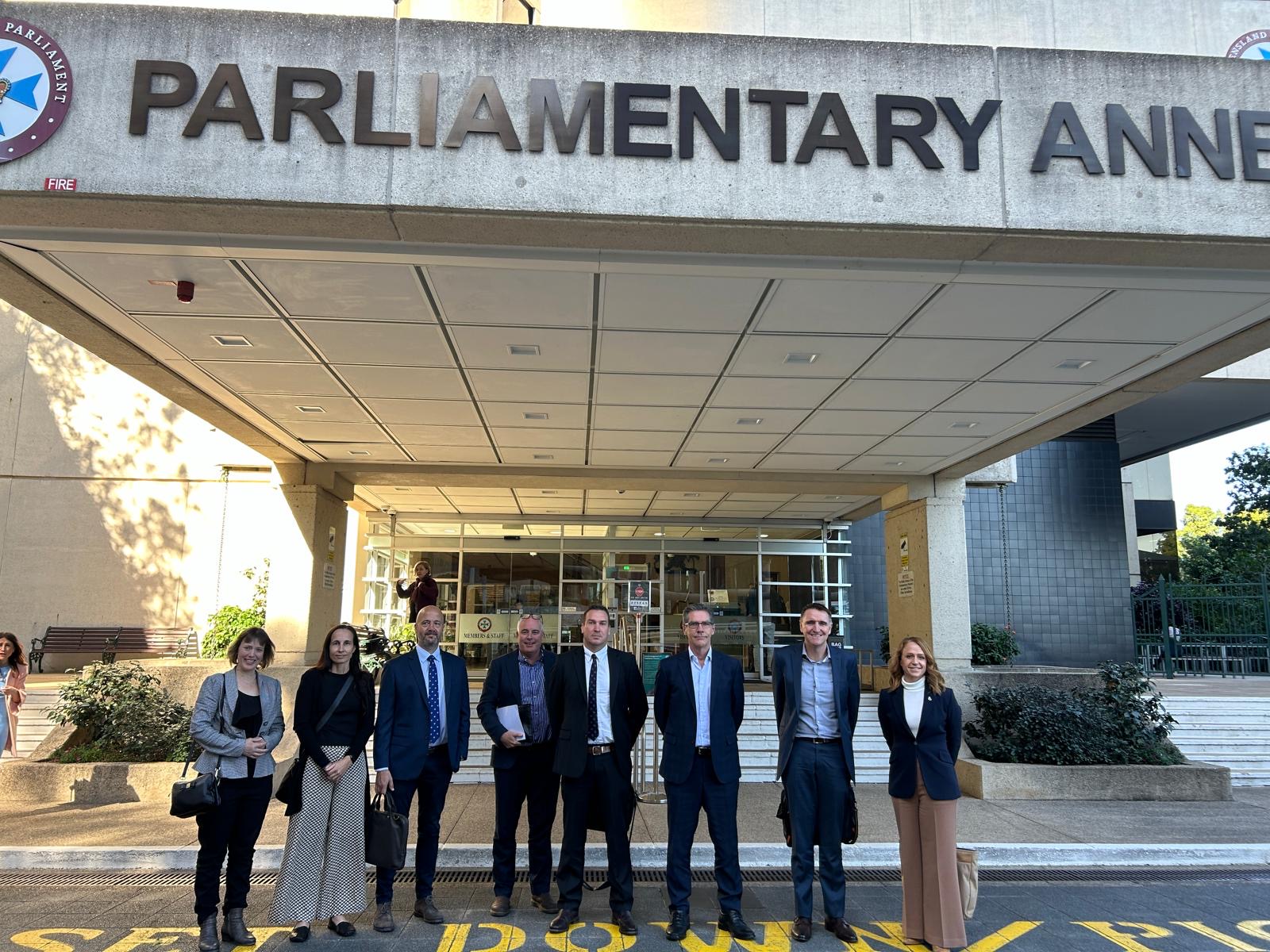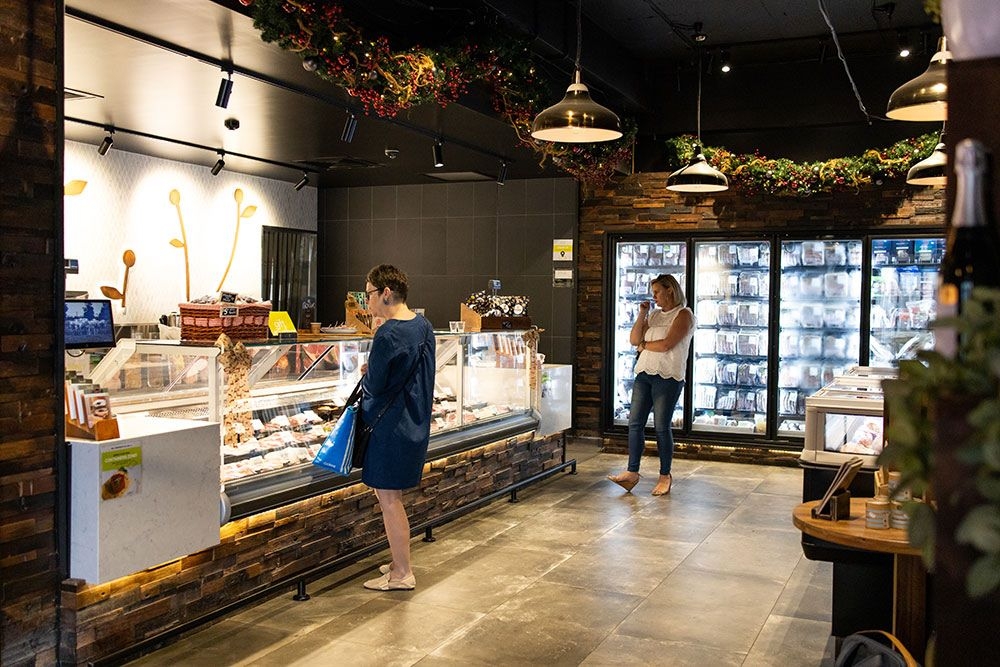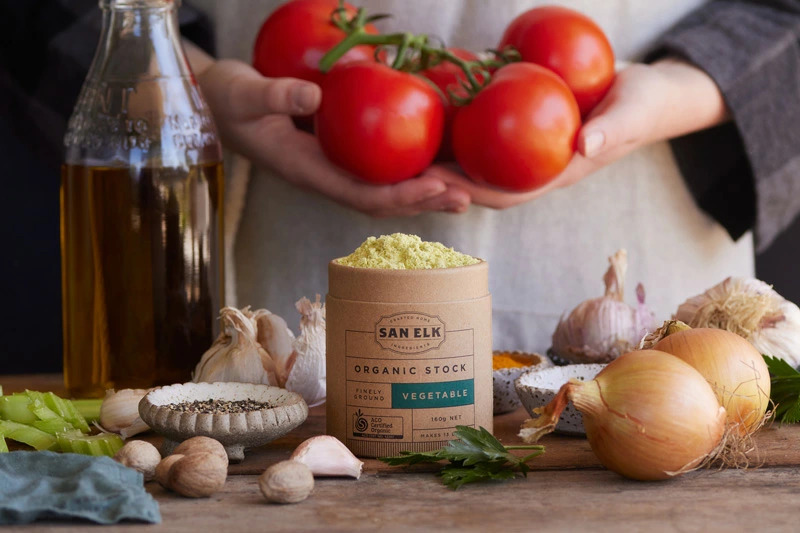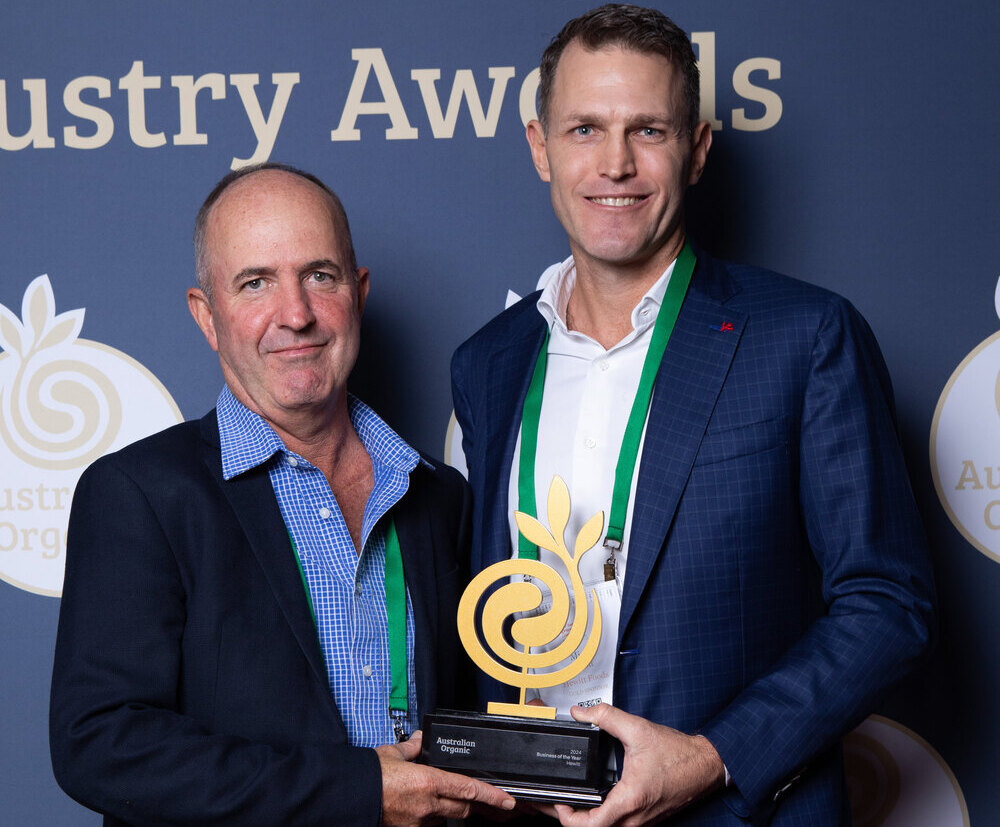Swinburne will lead a research project valued at over $2 million to develop new technology that will get milk from farm to fridge more quickly, enhancing the productivity and competitiveness of Australia’s $13.7 billion dairy industry.
The ‘Live Inbound Milk Supply Chain Monitoring and Logistics for Productivity and Competitiveness’ project (Milk Supply Chain Project) will receive $600,000 under round 7 of the federal government’s Cooperative Research Centres Projects (CRC-P).
CRC-Ps are designed to improve the effectiveness of Australian research by bringing researchers and industry together to solve real-world problems and deliver tangible outcomes.
Swinburne’s two-and-a-half-year project will develop an Internet of Things (IOT)-based system that links dairy farms, milk carriers and a milk processor, and allows live monitoring of milk supply chains. The data collected will enable highly accurate milk supply forecasting.
Swinburne’s Milk Supply Chain Project will be conducted in collaboration with Bega Cheese, Telstra and three Australian milk suppliers.
Director of Swinburne’s Internet of Things Lab and project researcher, Professor Dimitrios Georgakopoulos, says the project will improve operational efficiencies and create opportunities to generate revenue.
“We will be using cutting-edge technology, including over 700 sensors, to measure specific aspects of the supply chain. We will also use Telstra’s newly-deployed Narrowband Internet of Things (NB-IoT) network, which is Australia’s largest IoT network and one of the largest in the world,” Professor Georgakopoulos says.
“The data collected by the IoT sensors will find trends to make production schedules more efficient and enable highly accurate milk supply forecasting. These collectively enhance the chain’s productivity and competitiveness.”
Swinburne continues to celebrate industry research success
This Milk Supply Chain Project is the fourth Swinburne project to receive funding under the CRC-P grant scheme since it was introduced in 2016.
Separate rounds have allocated funding to:
¢ develop a new and unique biodegradable and renewable bio-based oil
¢ introduce an Australian graphene characterisation and certification capability, and
¢ investigate high-performance energy storage alternatives to lithium-ion batteries.
